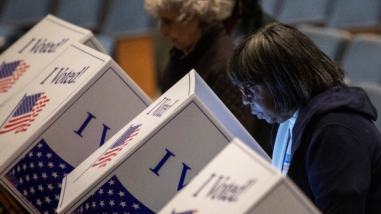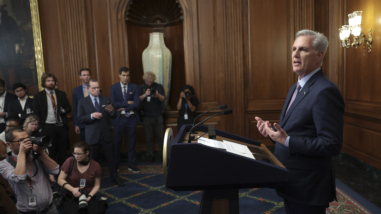Harvard University
For Principal Investigators Of The GoodWork Project To Discuss Their Findings And Next Steps
-
Amount$21,000
-
Program
-
Date Awarded11/24/2010
-
Term18 Months
-
Type of SupportProject
About the Grantee
Grantee Website
www.harvard.edu



